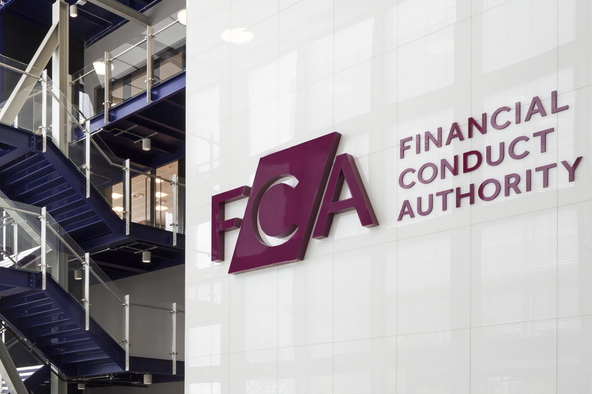A federal judge in Texas has struck down the SEC’s overhaul of broker-dealer rules that expanded the definition of “dealer” to include proprietary traders and some hedge funds, finding the SEC had exceeded its authority based on the text, history, and structure of the Securities Exchange Act of 1934.
The first case was brought by the Managed Funds Association and other trade groups representing the investment industry, and the second came in a separate one brought by the Blockchain Association and the Crypto Freedom Alliance of Texas, two cryptocurrency organizations.
The decision represents yet another judicial blow to the SEC in a year featuring the striking down of prominent SEC regulations, and it was certainly the latest one from another conservative-leaning court to counter the policy goals introduced under President Joe Biden.
(Another big blow came from the Fifth Circuit Court of Appeals, which unanimously vacated the Private Fund Adviser Rules, which the SEC adopted in August 2023, with compliance dates beginning September 2024.)
SEC not authorized
The dealer rule, which the SEC finalized in February in a 3-2 vote (with the agency’s two Republican commissioners dissenting), expanded the definitions of a dealer and government securities dealer to include traders that engage in one of two activities “as part of a regular business.”
According to an SEC fact sheet, those two activities are: (1) regularly expressing trading interest that is at or near the best available prices on both sides of the market; and (2) collecting revenue chiefly from “capturing bid-ask spreads, by buying at the bid and selling at the offer, or from capturing any incentives offered by trading venues to liquidity supplying trading interest.”
In March, the National Association of Private Fund Managers, the Managed Funds Association and the Alternative Investment Management Association filed a lawsuit in US District Court in Fort Worth, Texas, alleging the rule is indeterminate, overbroad and can be read to capture a wide variety of non-dealing activity.
The ruling underscores the ongoing tension between current regulatory agencies and the alternative investment space, such as crypto and the rest of decentralized finance.
The judge opened his opinion by citing a line from SEC Commissioner Hester Peirce when she dissented from the rule’s adoption. “A regulator’s temptation may be to put every corner of the market under a regulatory spotlight,” the judge wrote referencing Peirce. He then added: “When engaging in that temptation causes an agency to act beyond its authority, the judiciary is obligated to thwart that action.”
Managed Funds Association (MFA) President and CEO Bryan Corbett said in a statement that the court’s ruling affirms that alternative asset managers are not dealers.
“The SEC’s rushed rule-making resulted in a final rule that was unworkable, ignored that dealers have customers, and exceeded the commission’s statutory authority,” he said. “MFA looks forward to working with the next SEC chair to pursue policies that support robust capital markets, change the adversarial relationship between policymakers and market participants, and embrace alternative asset managers as drivers of economic growth.”
Crypto celebrates
This decision was celebrated by the crypto industry, with Marisa Tashman Coppel, legal head at the Blockchain Association, calling it as a “huge win” for the emerging crypto sector, which has often clashed with the SEC over what it deems unclear and restrictive rules.
The Blockchain Association took no time to submit on the day of the ruling a letter directed to President-elect Trump and the new Congress, outlining its priorities affecting the digital asset industry for Trump to consider in the first 100 days.
Those priorities include establishing a crypto regulatory framework, ending the debanking of crypto and blockchain technology companies, and developing a crypto advisory council to work with Congress and federal regulatory agencies.
The SEC can appeal this decision to the Fifth Circuit Court of Appeals Court, but suffice it to say the ruling underscores the ongoing tension between current regulatory agencies and the alternative investment space, such as crypto and the rest of decentralized finance.
















